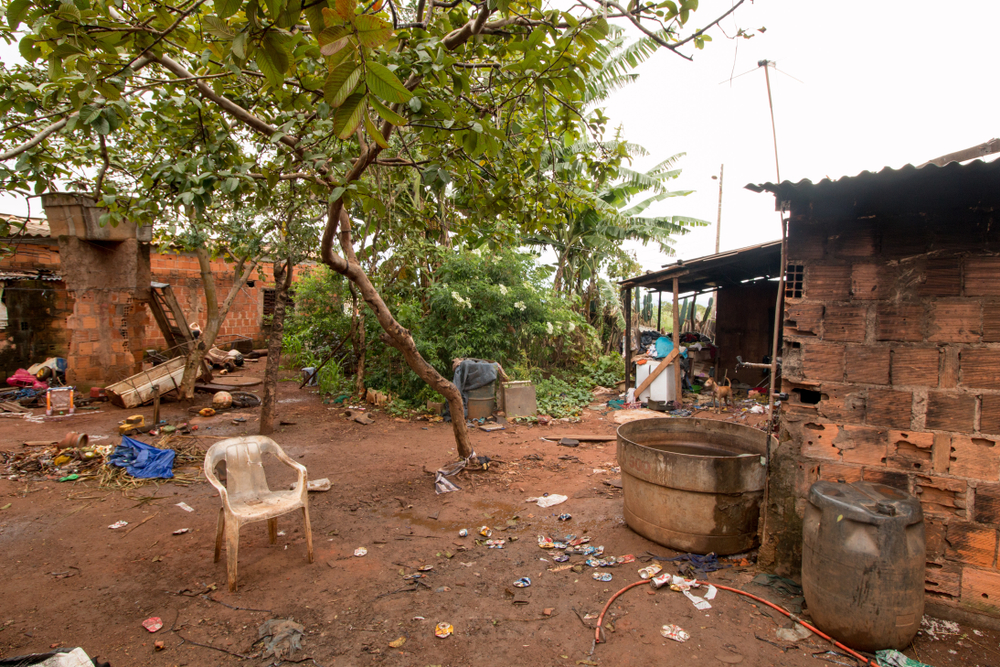The severe impacts of Covid-19 on vulnerable populations has reignited a longstanding debate on social security in Brazil. Though initially repelled by the administration of President Jair Bolsonaro, the federal government’s coronavirus emergency salary proved to be essential in preserving the income of vulnerable populations and sustaining consumption, avoiding what would have been an even more severe economic collapse due to the pandemic.
And crucially it has opened the eyes of politicians from all ends of the political spectrum to the need to extend Brazil’s social protection network.
The emergency coronavirus salary initially paid out BRL 600 (USD 106) each month to informal workers and the unemployed, and 72 percent of the population now hope the program will be extended into 2021. However, all proposals to this end come up against one huge stumbling block: the collapse of Brazil’s public accounts.
Indeed, the much lauded emergency aid program came in at an estimated cost of BRL 50 billion per month — more than an entire year of existing cash-transfer initiative Bolsa Família. Even with payments being halved to BRL 300, it is highly unlikely the program will fit into the 2021 budget, with public debt nearing the rate of 100 percent of Brazil’s GDP.
While proposed solutions have been shot down by the government due to their unpopularity — such as implementing a tax on financial transactions, or reshuffling benefits that would constitute, in President Bolsonaro’s words, “taking from the poor to give to the paupers” — researchers from think tank Centro de Debates de Políticas Públicas (CDPP) have devised their own alternative. The Social Responsibility Program, unlike a traditional Universal Basic Income that would grant a flat benefit to every citizen, would pool together a series of existing benefits into one monthly stipend varying according to each family’s income. It would also involve the creation of savings accounts that could be withdrawn in emergencies, such as unemployment.
The outcomes expected by CDPP’s team are surprising. By simply redesigning existing policies, they believe that it would be possible to slash poverty levels by up to 24 percent, as well as including 95 percent of vulnerable families in Brazil under the social protection umbrella.
To learn more about this proposal,...


 Search
Search






































